8 Surprising Things You Can Be Fined for Doing on Your Own Property (Yes, Really!)
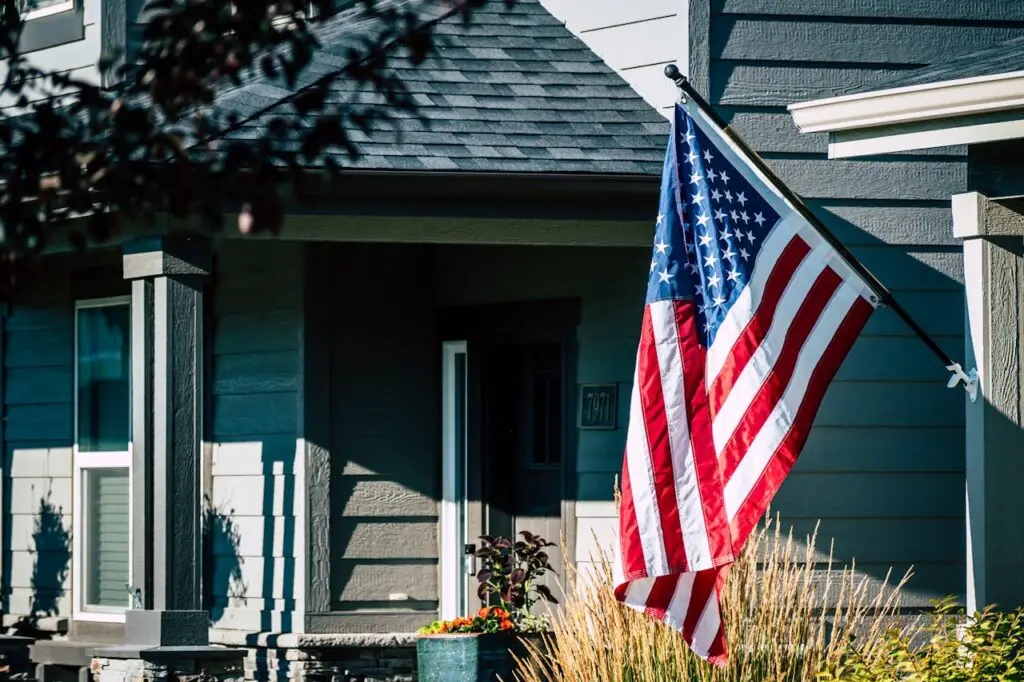
When you own your home, it’s easy to assume you have full control over what happens on your property. After all, it’s your name on the deed, right? But across the U.S., there are a surprising number of things that can land you a hefty fine—even if you’re just minding your own business in your own backyard. Whether you’re planting a tree, putting up a fence, or hosting the grandkids for a weekend, some activities can put you on the wrong side of local ordinances.
This list is especially for U.S.-based baby boomers who take pride in their homes but don’t want to be blindsided by a city inspector or a cranky neighbor’s complaint. Here are 8 things you can actually be fined for doing on your own property—and how to avoid trouble.
1. Letting Your Grass Grow Too Long
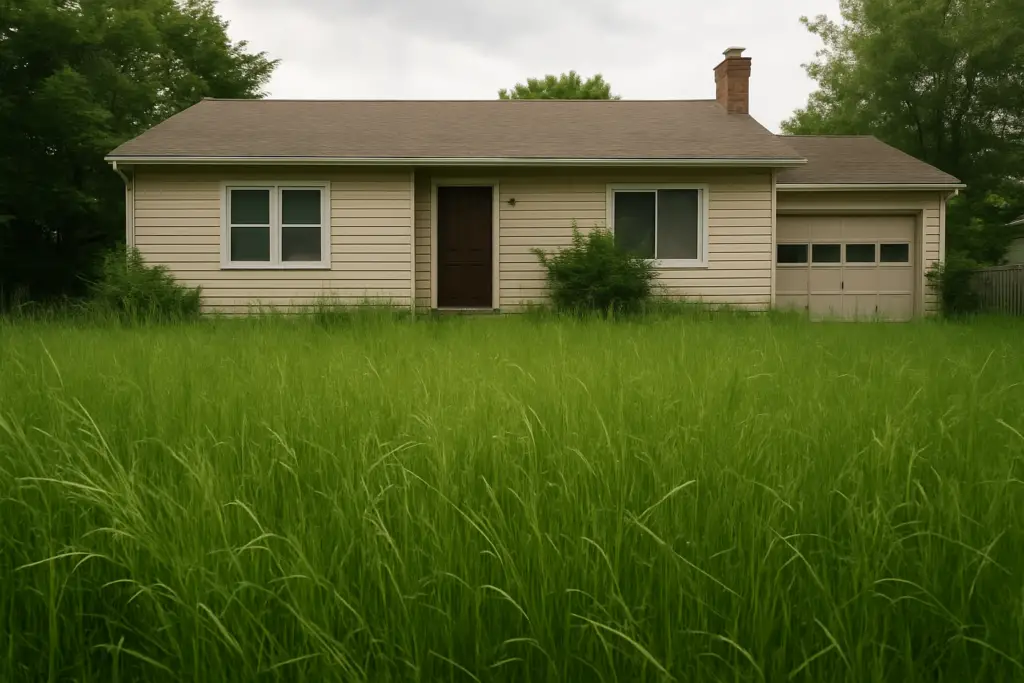
It may sound petty, but letting your grass grow too high can lead to fines in many towns and cities across the country. Most municipal codes require homeowners to keep their grass trimmed to a specific height—typically under 6 to 10 inches. Long grass can be considered a safety hazard, as it attracts pests, increases fire risk, and detracts from neighborhood aesthetics. While you may be going for a low-maintenance, wildflower look, the city may see it as a code violation. If you’re finding it harder to keep up with the yard work these days, consider hiring a neighborhood kid, looking into landscaping alternatives like clover lawns, or even applying for an exemption if your city offers one for pollinator-friendly yards.
2. Building a Shed Without a Permit
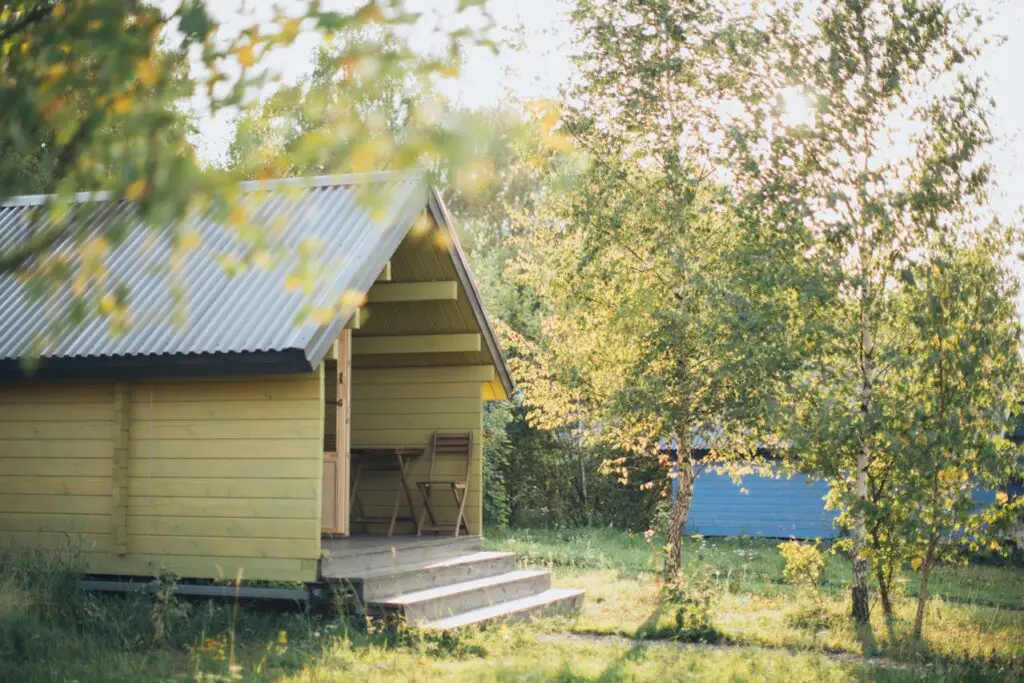
Adding a shed to your backyard might seem like a simple weekend project, but if you don’t check your local building codes first, you could be hit with a fine—or even be required to dismantle it. Most jurisdictions require permits for structures over a certain size (commonly 100 to 120 square feet), or for anything anchored into the ground. Some cities even regulate portable sheds. The rules vary by location, but the penalties can be surprisingly steep. Always check with your local planning department before building, even if it’s just a prefab kit from the hardware store.
3. Parking on Your Lawn

When guests are over or your driveway is full, it might feel harmless to pull the car onto your lawn. But in many neighborhoods, especially suburban areas, parking on unpaved areas like grass or dirt is considered a code violation. Local ordinances may require vehicles to be parked only on paved driveways or designated surfaces like gravel pads. The goal is to prevent soil erosion, keep stormwater runoff in check, and maintain neighborhood curb appeal. If you need extra parking space, your best bet is to invest in a proper extension to your driveway—with a permit, of course.
4. Hanging Laundry Outdoors
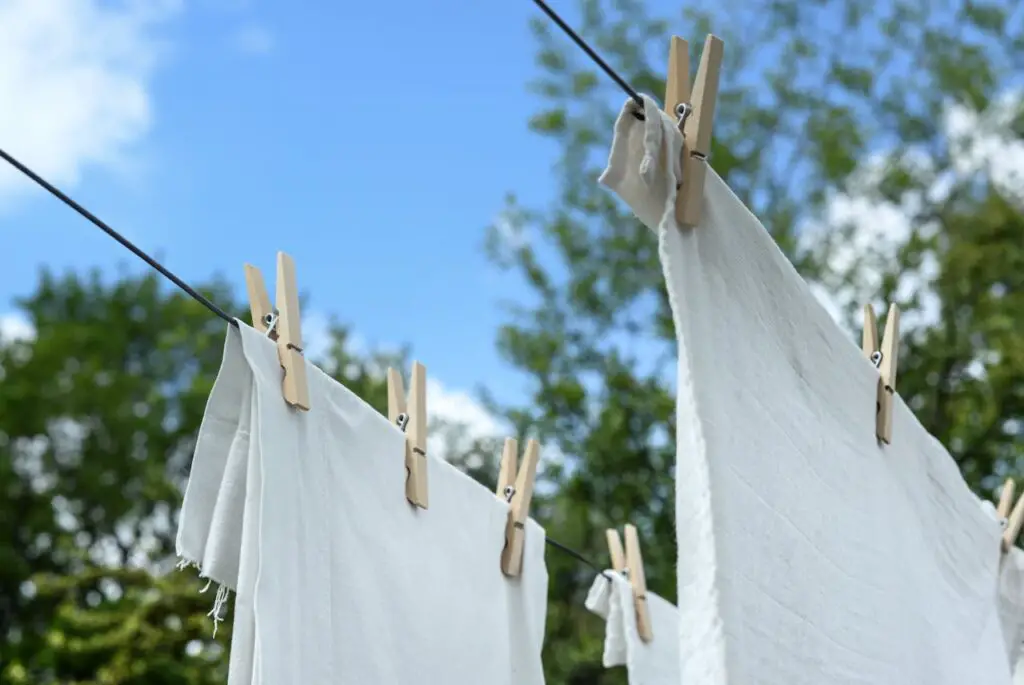
Drying clothes outside on a sunny day may feel nostalgic and eco-friendly, but it can also violate HOA guidelines or even city codes in some communities. While 19 states now have “Right to Dry” laws that protect homeowners from clothesline bans, these don’t always override private neighborhood covenants. In places where rules are still enforced, visible clotheslines can be considered an eyesore. If you’re passionate about cutting down on energy costs, look for retractable clotheslines that can be hidden when not in use, or ask your HOA if they allow drying racks in enclosed areas like patios or screened porches.
5. Feeding Wildlife

Putting out food for the deer, squirrels, or even feral cats may seem compassionate, but in many cities and suburbs, feeding wildlife is illegal. Local laws aim to prevent animals from becoming dependent on human food sources, which can alter natural behaviors, increase aggression, and contribute to the spread of disease. Some ordinances are very specific—even bird feeders might be restricted if they attract unwanted pests. To avoid a fine, use approved bird feeders, keep them clean, and avoid scattering food directly on the ground. If you’re trying to help stray animals, consider working with a local wildlife or rescue organization.
6. Having a Fire Pit Without Approval
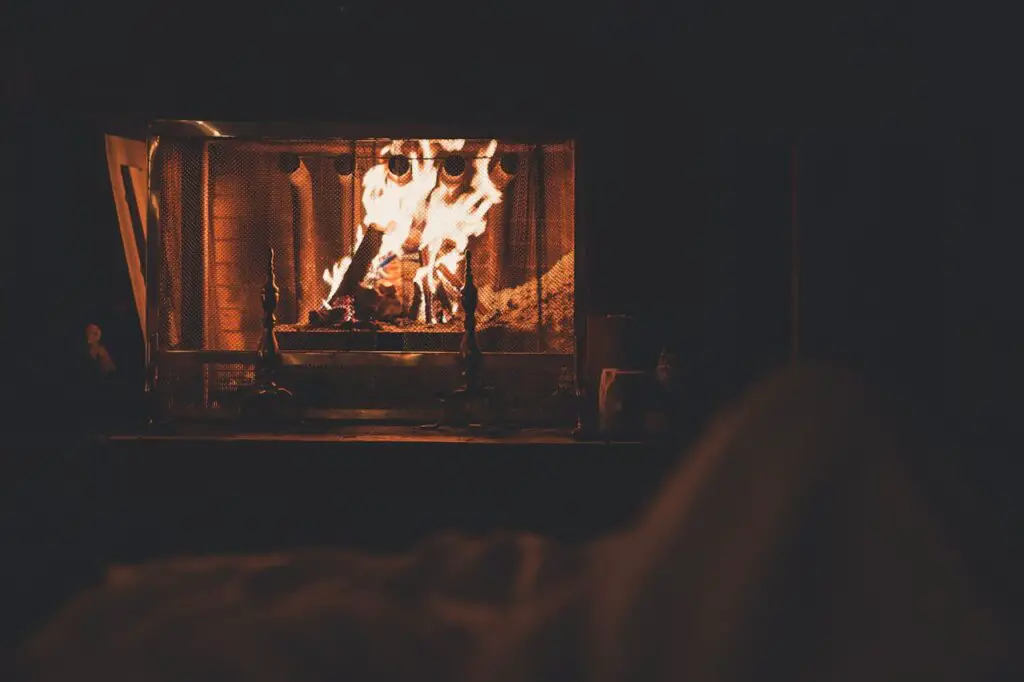
Fire pits are a backyard favorite, perfect for making s’mores with the grandkids or enjoying a quiet evening under the stars. But many cities regulate their use, especially in areas prone to wildfires. In some places, a permit is required for open flames, while others may ban wood-burning fire pits altogether. Violations can lead to steep fines, especially if your fire spreads or creates a nuisance. Gas fire pits are often a safer, more compliant option, but even those can be subject to restrictions. Before striking a match, check with your local fire department or municipality.
7. Installing a Fence in the Wrong Spot
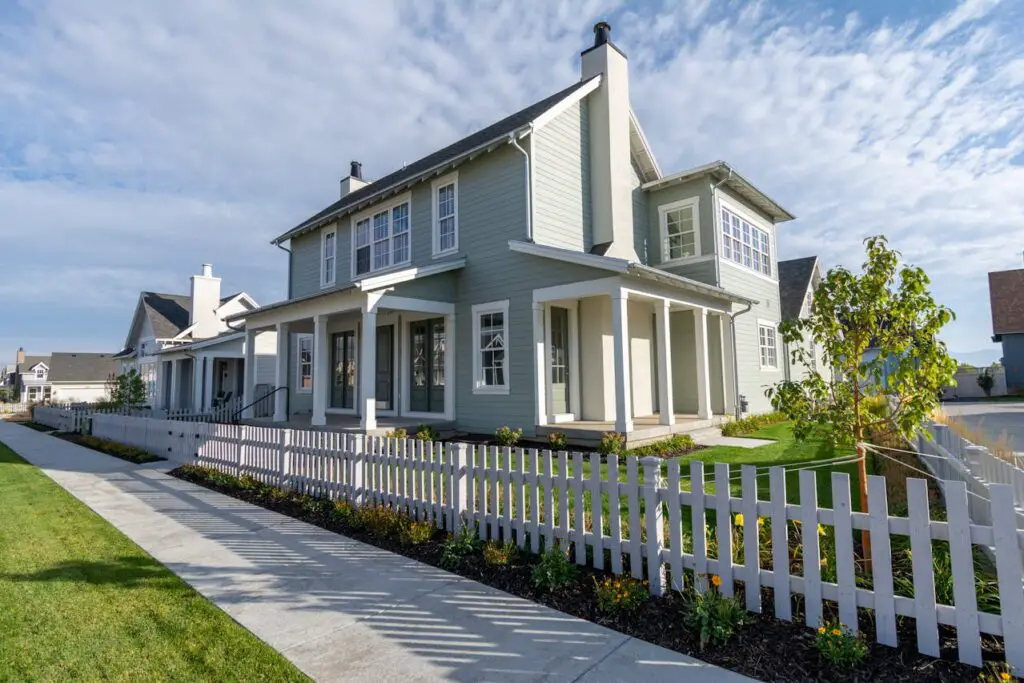
A new fence can offer privacy and increase your property value—but it can also land you in hot water if it’s not installed properly. Local zoning laws often dictate where and how you can build a fence, including limits on height, materials, and how close it can be to sidewalks or property lines. Installing a fence even a few inches over your boundary can trigger disputes with neighbors or fines from the city. To avoid legal trouble, always check your property survey before building and consult with your local zoning or permitting office.
8. Running a Home Business Without the Proper License

Many baby boomers are embracing the idea of retirement side gigs—whether it’s selling crafts online, offering consulting services, or turning a hobby into income. But operating even a small business from home can be regulated by zoning laws. Some cities require permits for home businesses, especially if clients visit your property, you store inventory, or you put up signage. HOAs may also have rules against operating a business from a residential property. Before you turn your spare room into a workshop or office, check with your city’s business licensing department to make sure you’re following the rules.
Final Thoughts
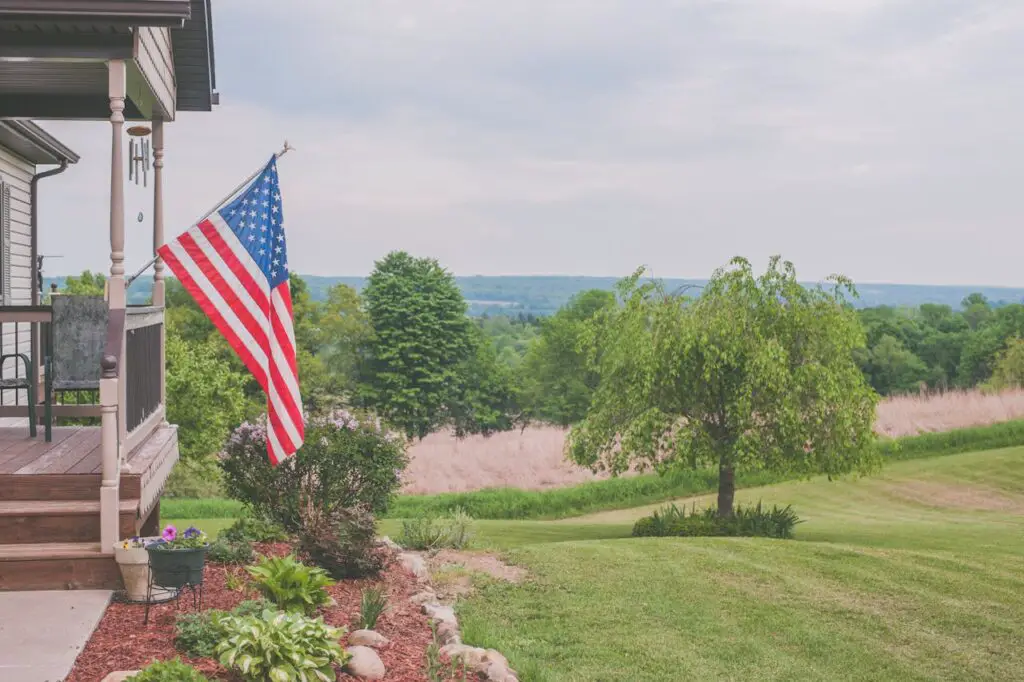
Owning your home gives you a wonderful sense of freedom, but that freedom comes with responsibilities—and a lot of fine print. Whether you’re trying to spruce up your space, save energy, or earn a little side income, there’s always the chance that a rule you didn’t know existed could come back to bite you.
Most cities and HOAs aren’t out to make life difficult, but they do expect homeowners to follow local ordinances. A few quick phone calls or online checks before starting a project can save you time, money, and aggravation. And if you ever receive a violation notice, don’t panic—many cities allow time to correct the issue before enforcing fines.
Have you ever received a surprise fine or warning about your property? Share your story in the comments—it might help someone else avoid the same mistake!
Leave a Reply